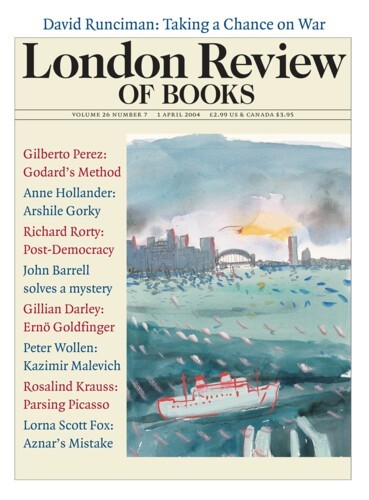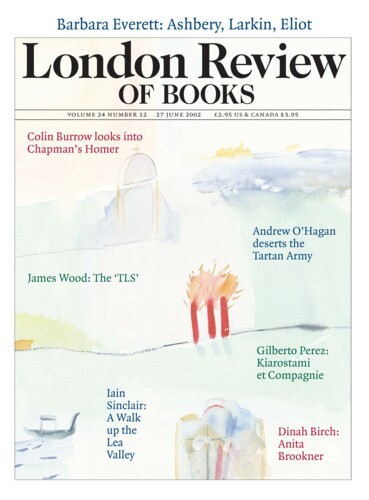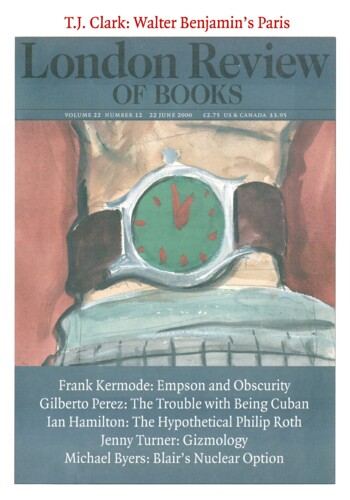Self-Illuminated: Godard’s Method
Gilberto Perez, 1 April 2004
“Godard and Miéville put together Ici et ailleurs (1976) out of pieces from Jusqu’à la victoire, a militant film about the Palestinian situation . . . it conveys on Godard’s part an unearned sense of being let down by the Palestinians on screen; like his revolutionism, his disillusionment with revolution has something brattish about it. When MacCabe later ‘asked him what he thought of politics’, Godard ‘mimed injecting a huge syringe into his arm’ and replied ‘Some people take drugs, some people take politics.’”





